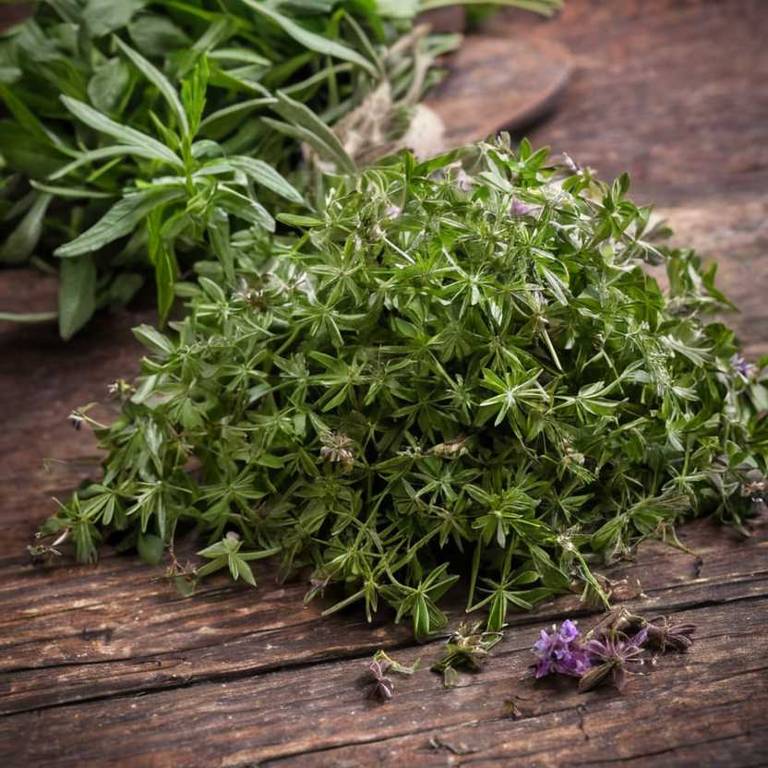Valerian
Valeriana officinalis
Ashwagandha is a prominent medicinal herb in Ayurvedic medicine, classified as a rasayana (rejuvenator). It is primarily utilized as an adaptogen to help the body manage physical and chemical stress.
Family
Solanaceae (Nightshade)
Native Region
India, Middle East, Africa
Part Used
Root, Leaf, Berry

Botanical Identification
Valerian is scientifically known as Valeriana officinalis, a member of the Caprifoliaceae family. Common names include valerian root and garden valerian, though regional variations exist. It is a perennial herb native to Europe and western Asia, characterized by its aromatic roots, opposite leaves, and small, clustered flowers. Synonyms in herbal literature include valerian root and valerian.
Active Compounds
Valerian contains key active compounds such as flavonoids, essential oils, and glycosides. These compounds work together to produce its calming effects, primarily by influencing the central nervous system. Synergistic interactions between these components enhance its therapeutic potential in herbal medicine.
- Flavonoid
- Essential oil
- Glycoside
Therapeutic Indications
| System | Condidtion | Action |
|---|---|---|
| Nervous | Insomnia, anxiety, headache, restless legs syndrome | Sedative, anxiolytic, antispasmodic, relaxant |
| Muscular | Muscle spasms | Antispasmodic |
| Gastrointestinal | Nausea | Antispasmodic |
Preparation Methods
Tincture: Used for anxiety, insomnia, and nervous disorders due to its calming properties.
Decoction: Used for digestive issues and nervous system disorders.
Infusion: Used for mild anxiety and sleep disorders.
Safety Profile
Valerian is generally considered safe when used in recommended doses. However, it may cause drowsiness and should be avoided before driving or operating machinery. Long-term use should be discussed with a healthcare provider to monitor for potential side effects.